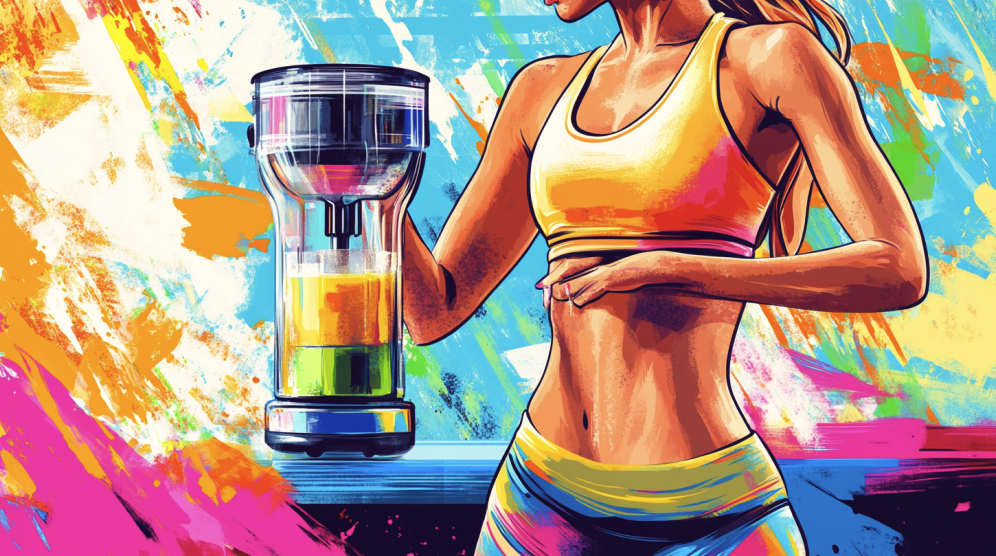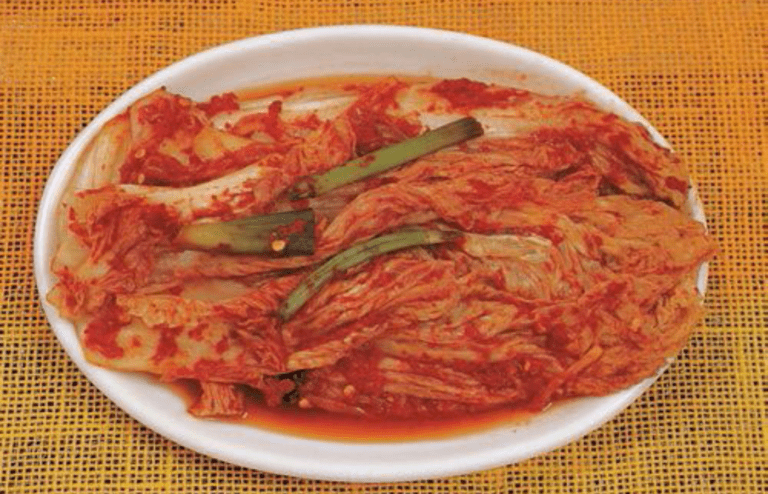You’re about to discover that many foods you believe are healthy foods aren’t at all. Many masquerade as “health foods.” Some are ruined by how they’re prepared and sold. Here are the 20 least healthy “health” foods.
20. Premade Smoothies, Mixes and Kits
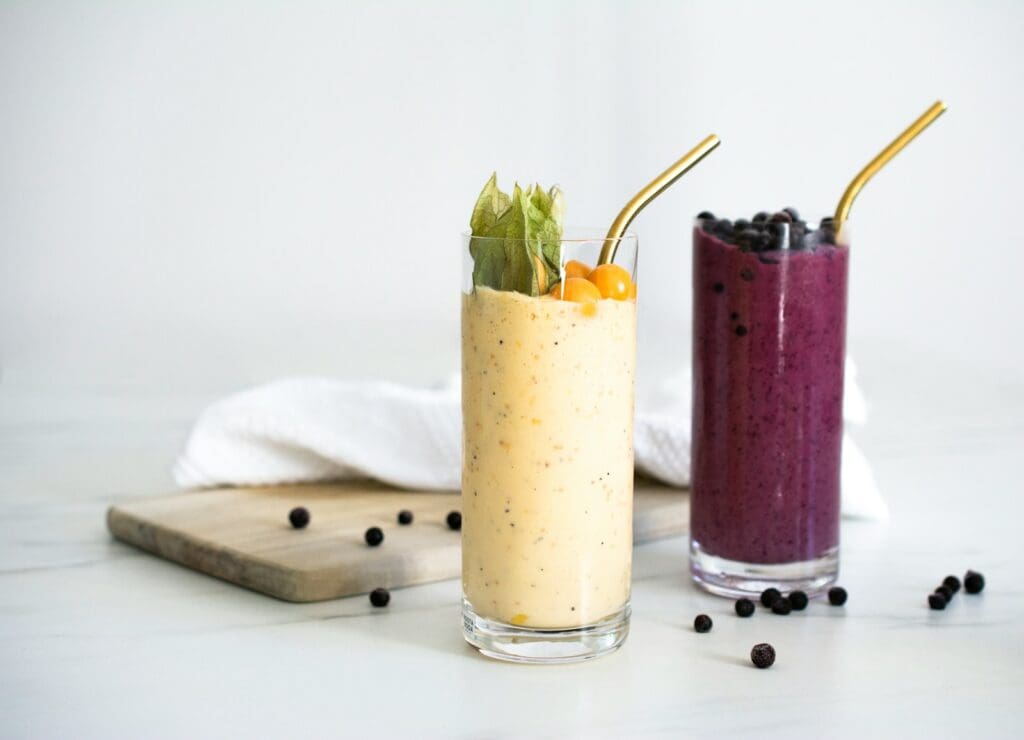
Smoothies are lauded as a health food but don’t confuse them with premade smoothies, mixes, and kits. Bottled and processed smoothies often contain added ingredients that fresh smoothies do not such as preservatives, sugars, or sugar substitutes. Bolthouse Farms Strawberry Parfait contains an astounding 45g of sugar in a single 15-ounce serving. That’s the same as a can of cola.
19. Plant-Based Meats and Beverages
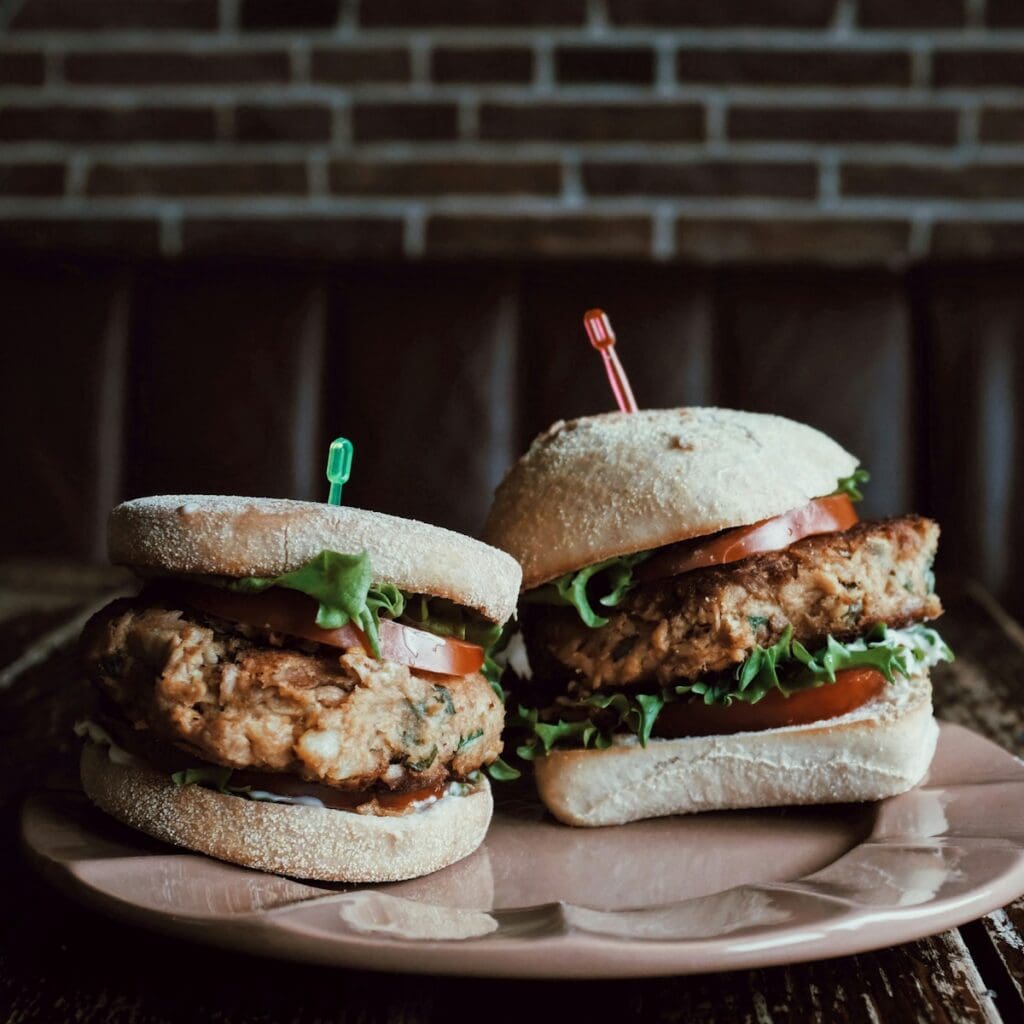
Plant-based meats and beverages can be healthier than meat options. However, many are actually low in protein, bulked up with fillers, and are high in preservatives. Rice and oat milk often have incredibly high levels of additives and sugar. Impossible Burger and Beyond Burger have similar amounts of saturated fat and more sodium than meat-based burgers.
18. Microwave and Prepackaged Popcorn
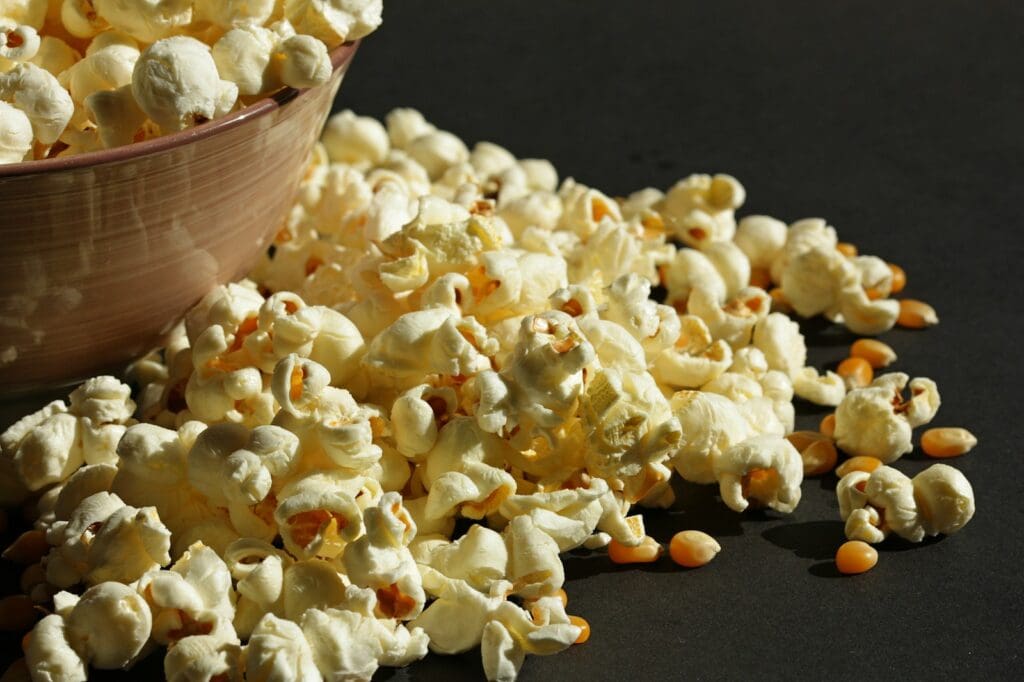
Plain popcorn is a high-fiber snack that can be prepared healthily and quickly with a silicone microwave popper with no oil or butter. Packaged microwave popcorn, however, often has dangerously high levels of added salt and other chemicals. Prepackaged popcorn is often loaded with salt-heavy seasonings and other non-healthy preservatives and ingredients.
17. Pretzels
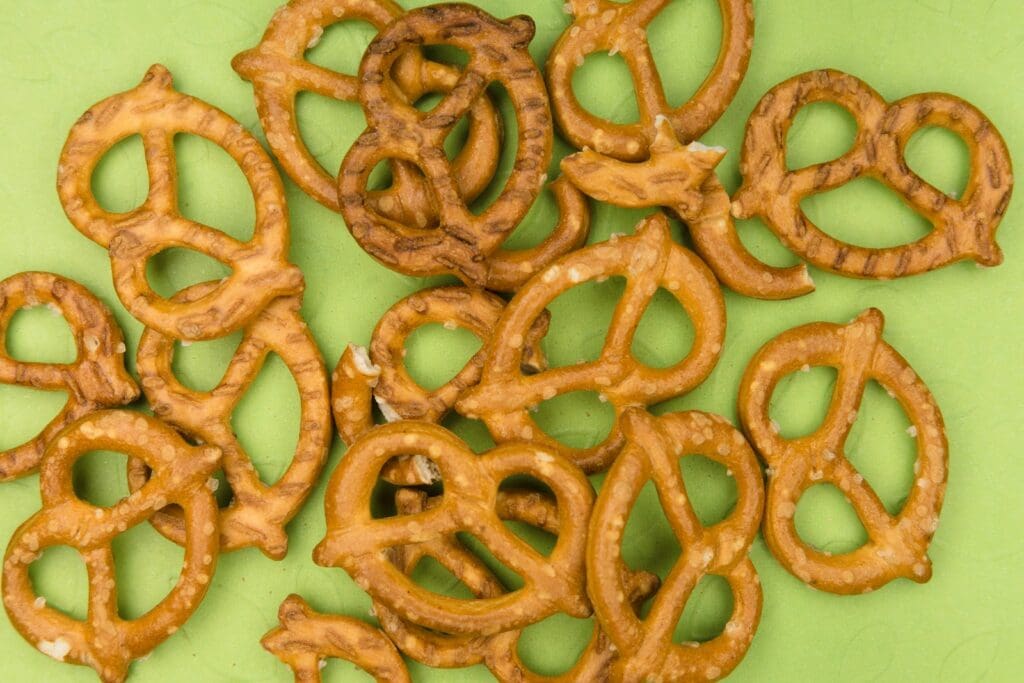
Pretzels are low in fat and often touted as a healthy snack, but this is only true with certain varieties. Wheat varieties often are higher in nutrients, but may still contain refined flour and salt. Most pretzels are high in sodium and carbs, while low in protein, with no or low fiber. They can quickly spike blood sugar levels.
16. Instant Oatmeal
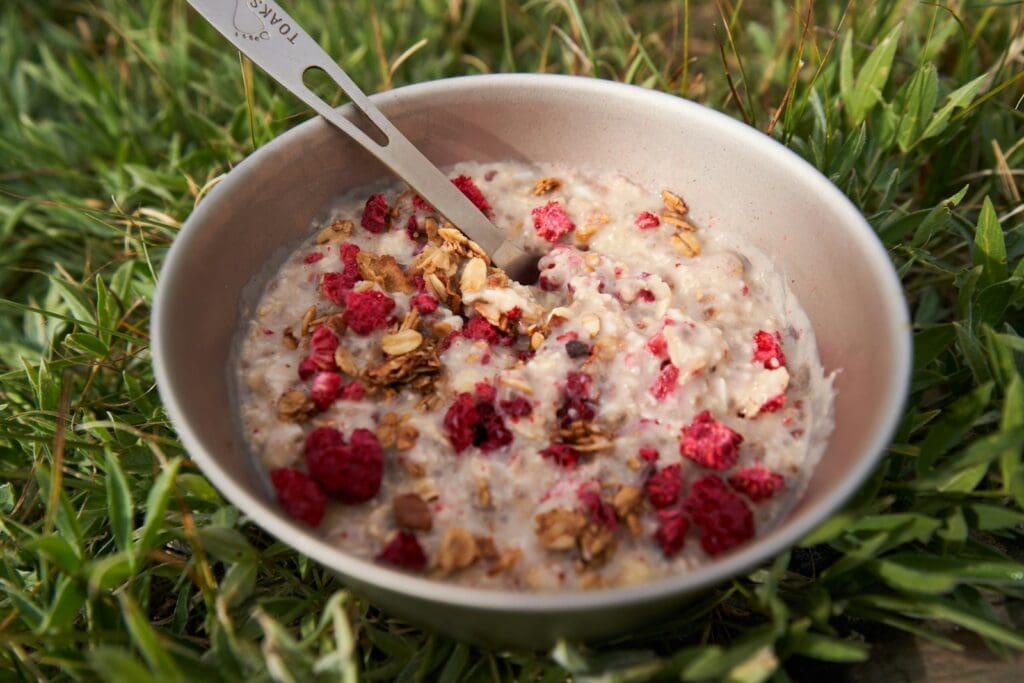
While oatmeal is highly venerated as a healthy food, that title doesn’t apply to instant varieties. Plain oatmeal is a great source of healthy fiber and protein. Unfortunately, the instant varieties, particularly the flavored packets, often contain excessive amounts of sugar, salt, and additives. Many flavored varieties contain 3-4 teaspoons of added sugar per serving.
15. Prepackaged Lunch Meats
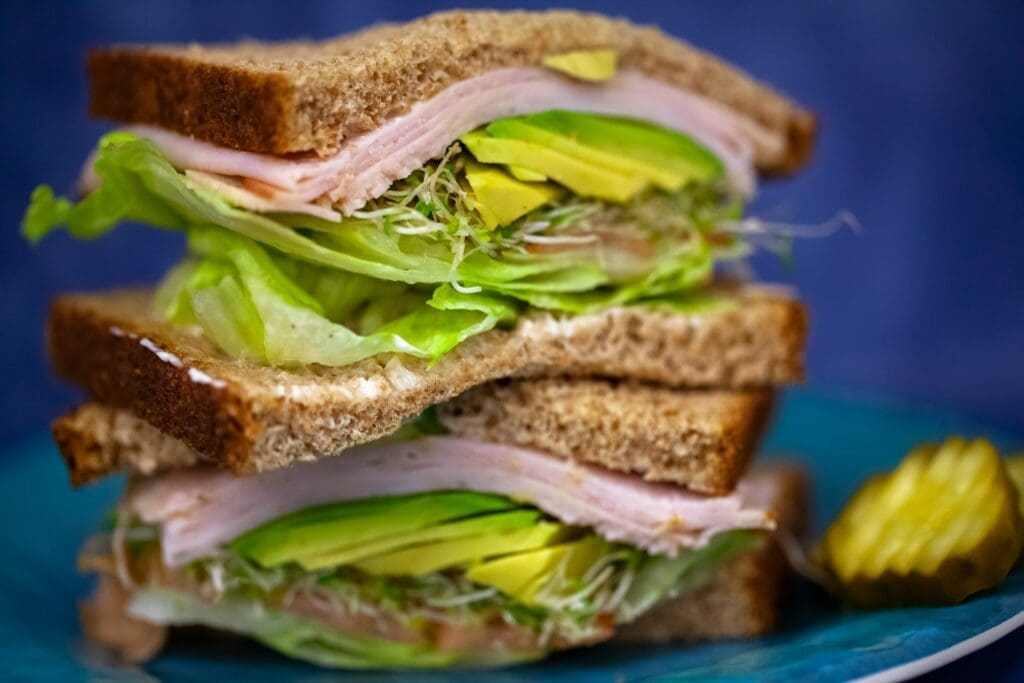
What makes prepackaged lunch meats so unhealthy is that there is a tendency to load them with sodium and other dangerous additives to preserve the meat until it is eaten. Some prepackaged meat can contain carcinogens (cancer-causing compounds). Opt for fresh-cut slices from the deli, or seek out low-sodium slices.
14. Granola
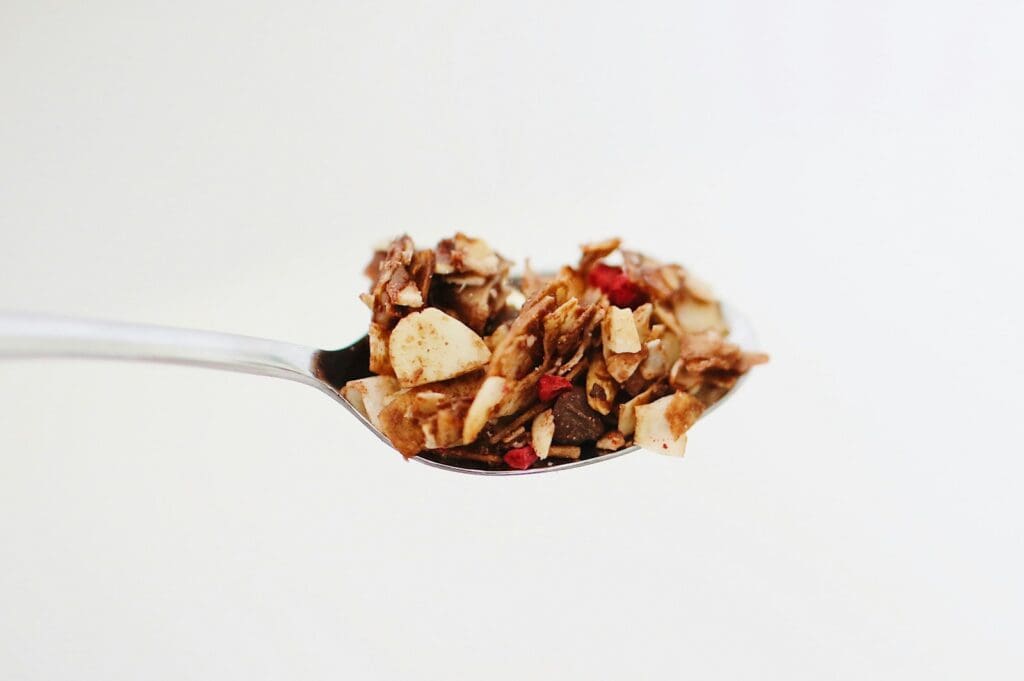
Granola was hyped and hailed as a healthy snack. Many varieties come with nuts and seeds that can boost a false impression of healthiness. However, many shroud the fact they contain added sugars through terms like “nectars, invert sugar, or syrup.” Read the label and definitely avoid those that add chocolate.
13. Coconut or Nutrition Waters
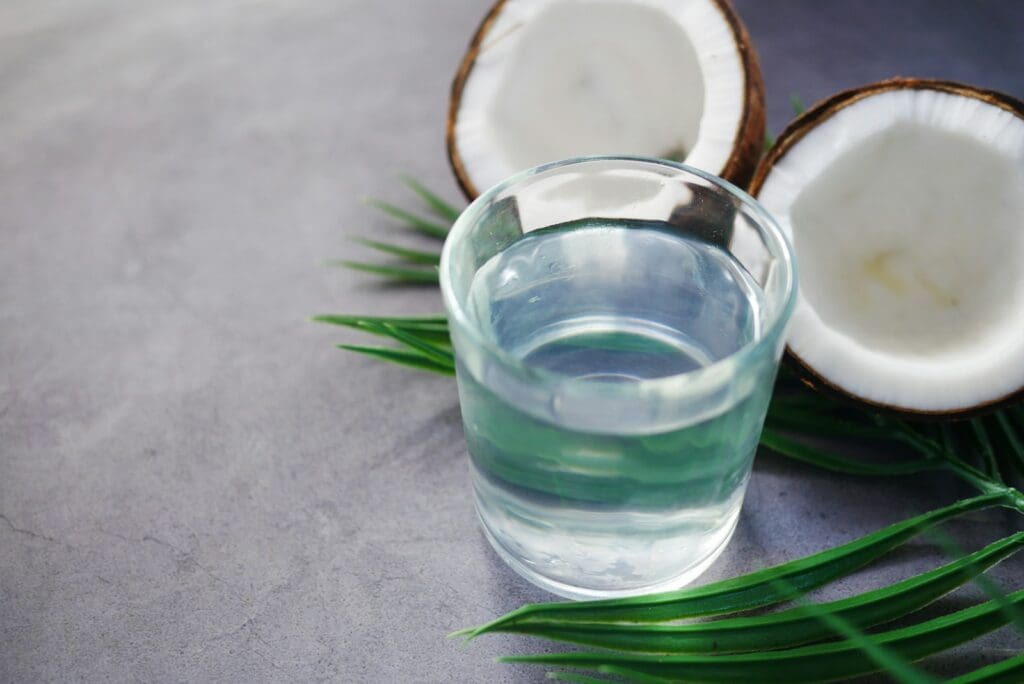
When you see the words “water” or “waters” don’t automatically assume it’s something healthy. Many so-called “nutrient” waters are laden with sugar and other additives. Some may tout they contain energy-boosting vitamins, and provide some nutrition, but still not qualify as being nutrient-rich. Many are overloaded with sweeteners and dyes.
12. Veggie-Based Chips

People can often be fooled into thinking that chips made from vegetables are healthier than potato chips. While potatoes are vegetables, they’re still a starch. What makes any type of chip unhealthy is the high saturated fat from the cooking oil and added salt. Better to get your crunch from slices of raw vegetables, such as carrot chips.
11. Trail Mix
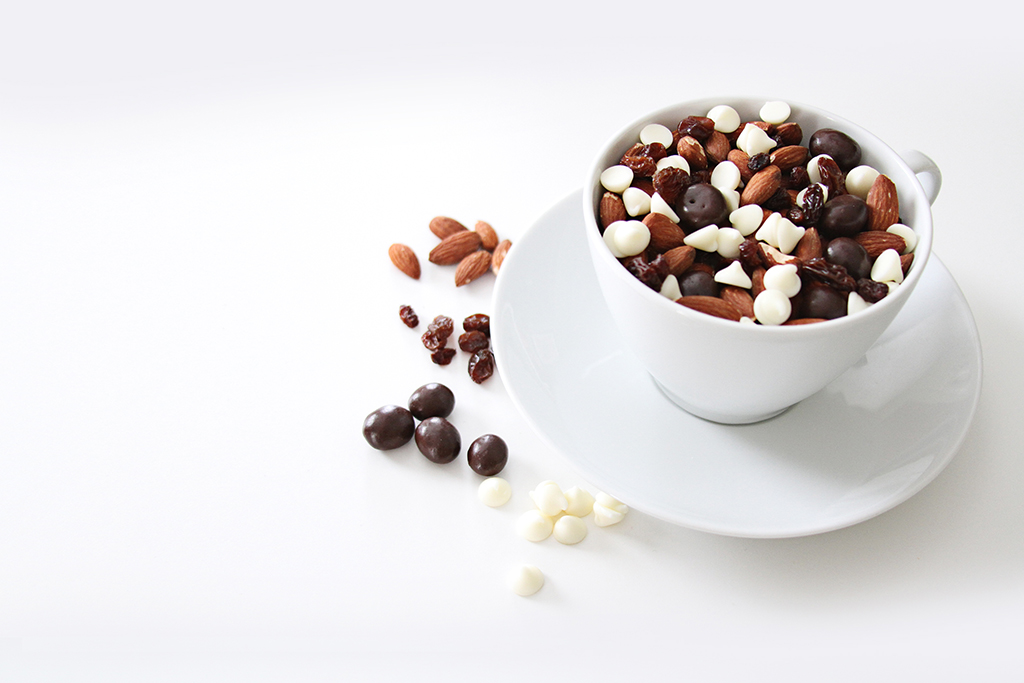
Trail mix is another food championed and marketed as a healthy snack option for “on the go” food to give you fuel between meals. But the healthiness of trail mix depends on the variety. Many are high in fat or salt, and some have candies or chocolate chips. The healthiest option is to create your own homemade mix.
10. Rice Cakes and Crackers

Rice cakes, in particular, have become a staple of healthy eating and dieting. However, many products are made with refined rice that is around 80% carbohydrate, eliminating any gains. Rice cakes and crackers are nutrient-poor. Carbs are part of a well-balanced diet, therefore, diversify the sources you obtain your carbohydrates from.
9. Protein, Energy, and Meal Replacement Bars
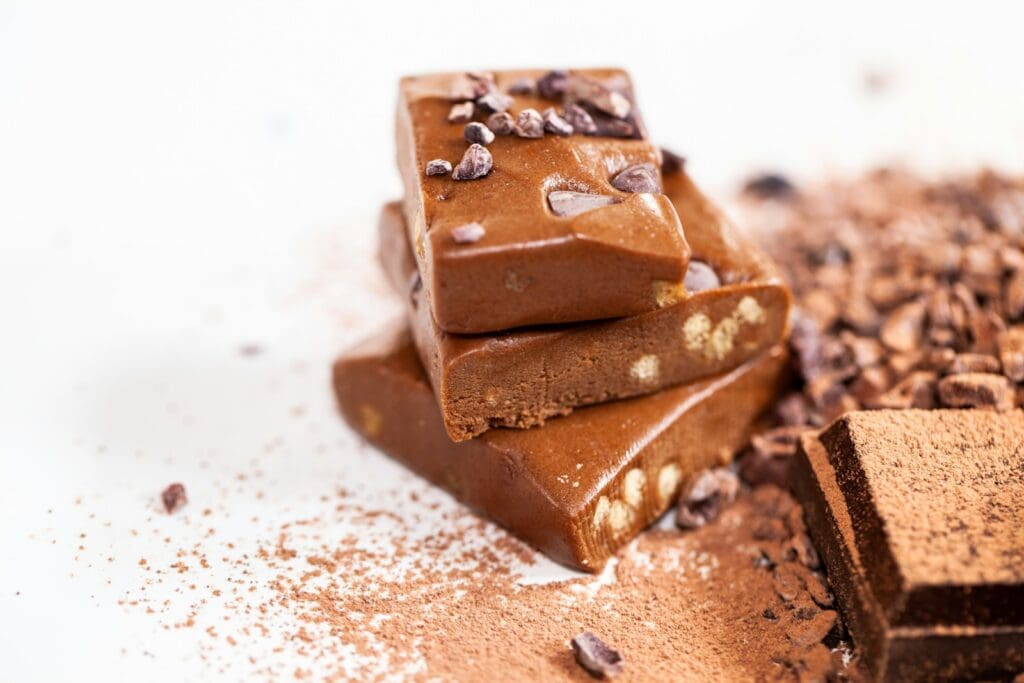
Meal replacement, protein, and energy bars are often some of the most counterfeit “healthy” foods. They are marketed as a healthy option for meal replacement while containing high calories and ingredients similar to a candy bar. Seek out bars with 15 grams of protein for snacks and 25 grams for meal replacement. Watch for added sugars.
8. Flavored Yogurt
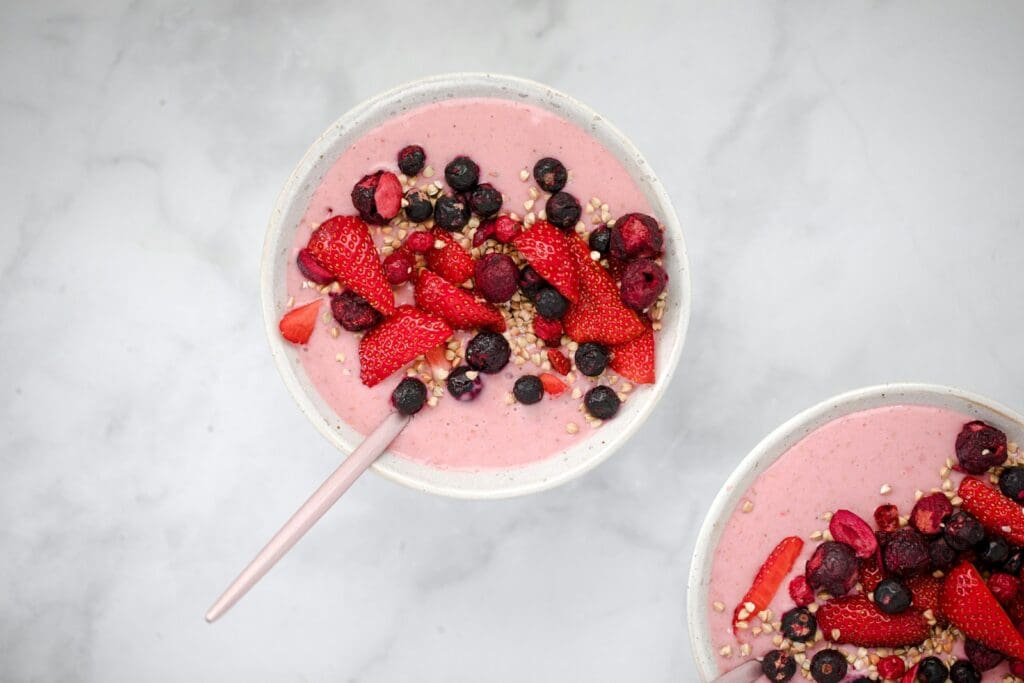
Yogurt has been heralded as a healthy food, particularly those with probiotics, which can help regulate the digestive system and immune function. Yogurt is also calcium-rich. However, flavored yogurts contain as much sugar or more than a serving of dessert. Stick with unflavored plain or Greek yogurt for the healthiest options.
7. Applesauce
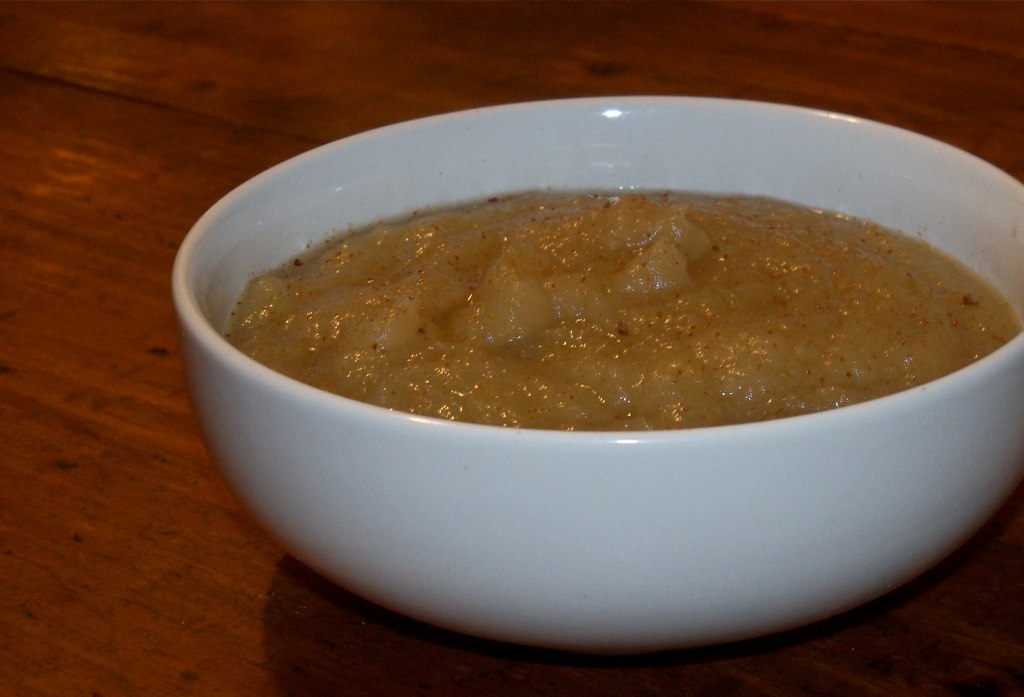
Applesauce cups and squeeze pouches have increased in popularity, particularly among parents and children. These pre-portion applesauce containers typically come with artificial flavors and added sugars, particularly high fructose corn syrup. In general, it is difficult to find any applesauce in the average supermarket without added sugar. To avoid sugars, consider baby food applesauce.
6. Fruit Juice and Dried Fruit
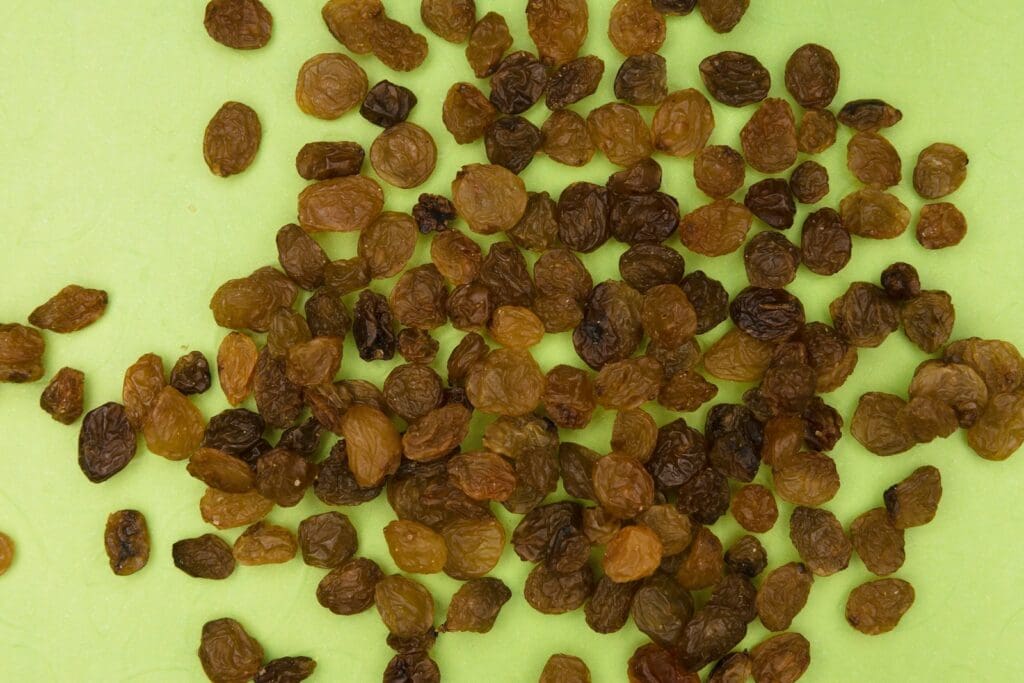
Scrutinize the label of bottled juices, as the majority contain added sugars. Look for those listing 100% juice as their only ingredient. Juices made from concentrate may use sugar during the processing without including it on the label. Dried fruits can also contain added sugar. Banana chips are often fried instead of dried, making an ounce equivalent to 150 calories.
5. Turkey Bacon

The words “bacon” and “healthy” don’t go together. While Turkey bacon has fewer calories, it has less protein than pork and it still contains excessive amounts of saturated fats and salt. It can also contain preservatives. Over time, regular consumption of high amounts of sodium and saturated fats can contribute to heart disease and obesity.
4. Multigrain and Wheat Bread
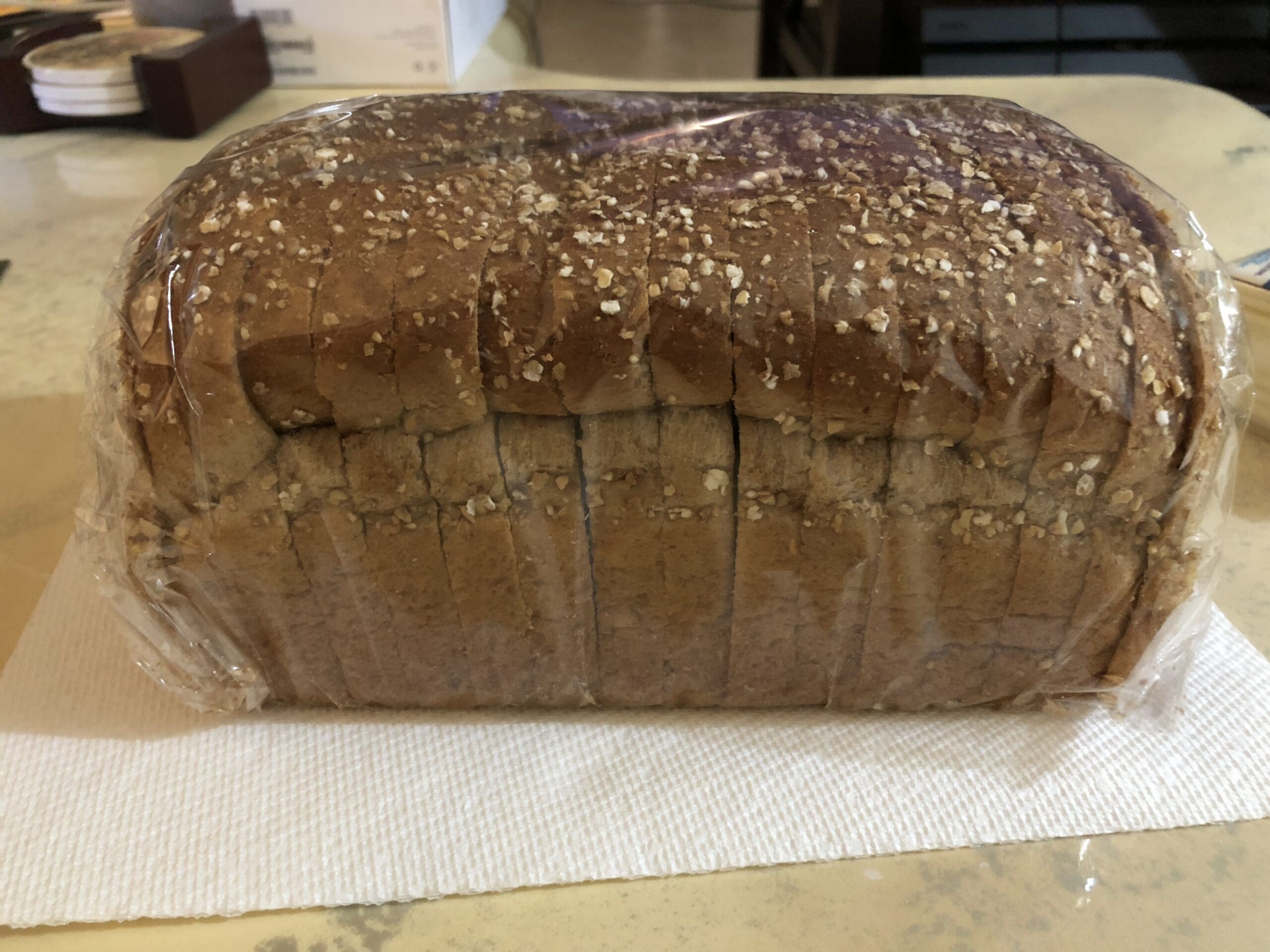
Multigrain and wheat bread manufacturers use phrases such as “7 grain” impressively, but it simply means more than one grain is used. Look for key phrases such as “bleached” or “unbleached enriched wheat flour” which indicates refined grains. Refined grains can have adverse effects on health. Sometimes the bread is even dyed brown with food coloring to mislead consumers.
3. Reduced-Fat or Fat-Free Foods
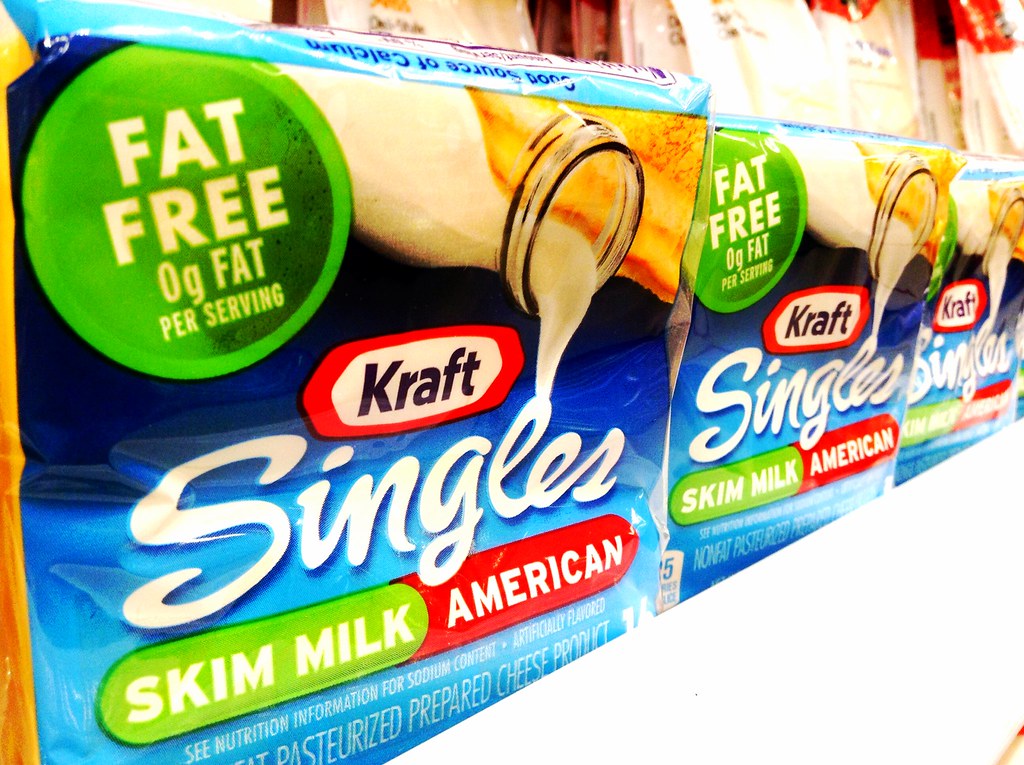
Store shelves are laden with reduced-fat or fat-free versions of foods of all varieties. To substitute for the lack of fat that adds flavor or texture to a particular recipe, many products are filled with increased levels of sugar, salt, and other filler foods. “Healthy” fats are an important staple of the human diet, so don’t ignore them.
Read More: 10 Debunked Myths Your Parents Convinced You Were Real
2. Sushi
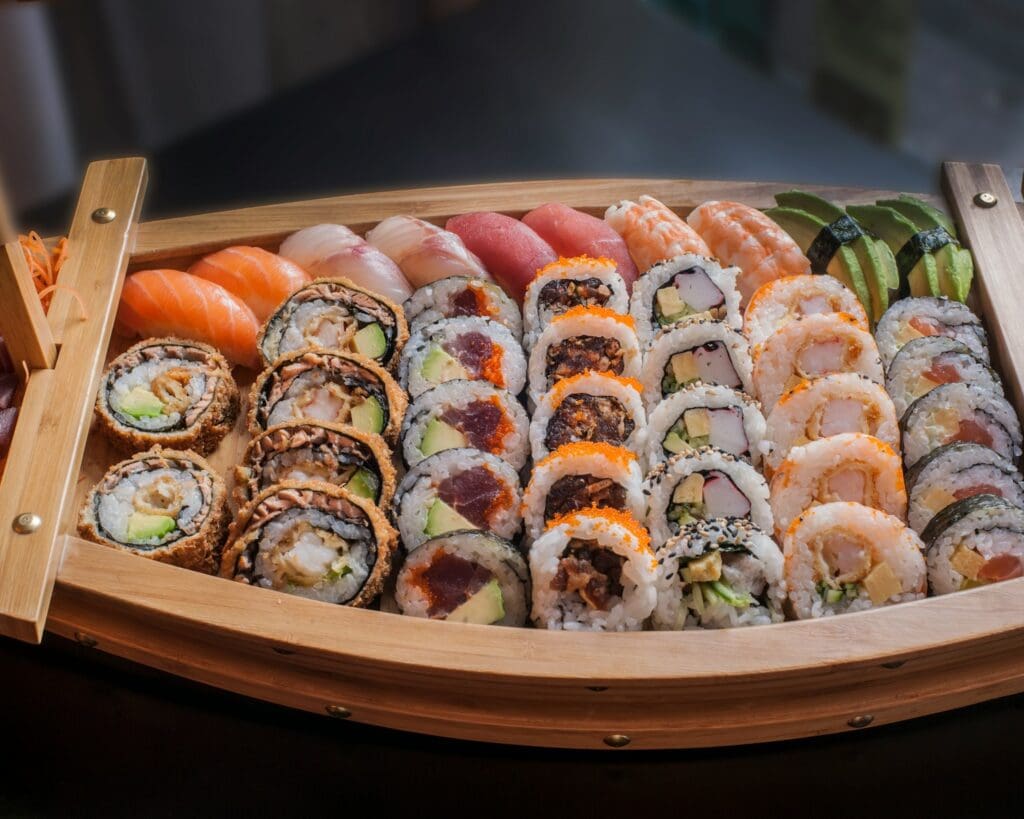
Sushi is slices of raw, high-quality fish typically served over vinegar rice. Sushi often adds unhealthy toppings such as mayo, cream cheese, or fried fish or vegetables. The refined rice and the sodium-heavy soy sauce make it more unhealthy. Instead, choose sashimi, which is only slices of raw fish or seafood without the rice. Opt for sodium-free soy sauce.
Read More: Stock These Foods in Your Pantry for Emergencies
1. Prepackaged Salads and Kits
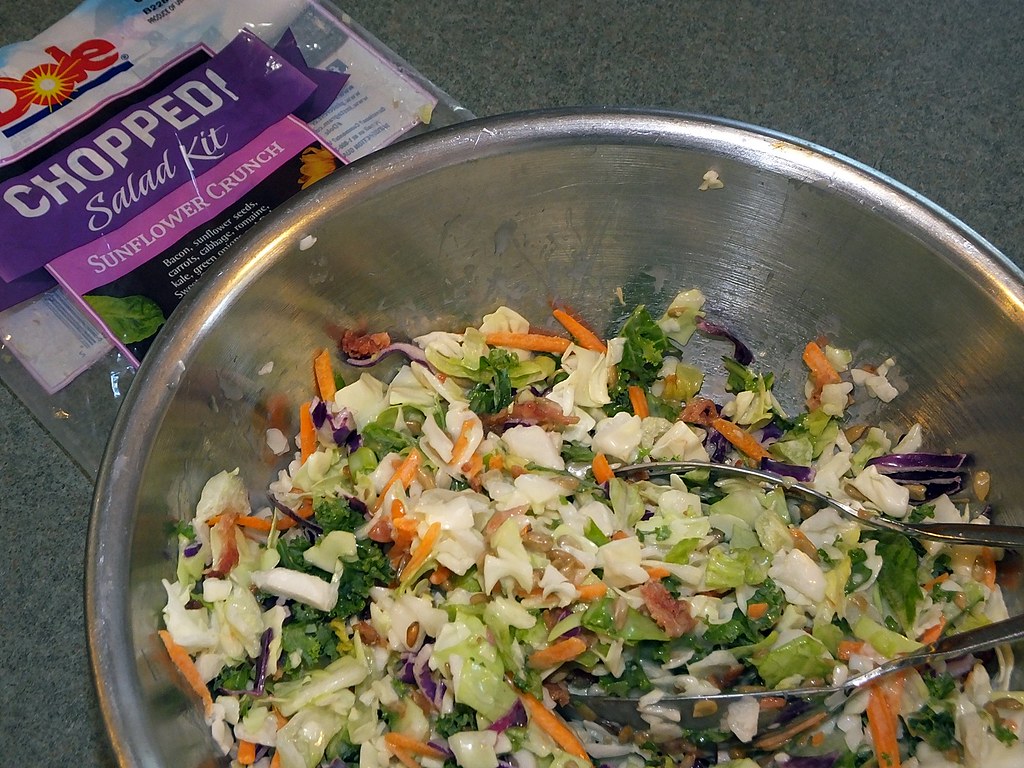
Prepackaged salad mixes or salad kits seem healthy but aren’t. These mixes and kits are often completely covered in preservatives to prevent spoilage. What’s spoiled is their overall nutritional value. Kits often come with dressings filled with fat. What these products provide in time and convenience eliminates why you’re consuming them in the first place, which is for better health.
Read More: 15 Plant-Based Meat Substitutes that Don’t Suck

